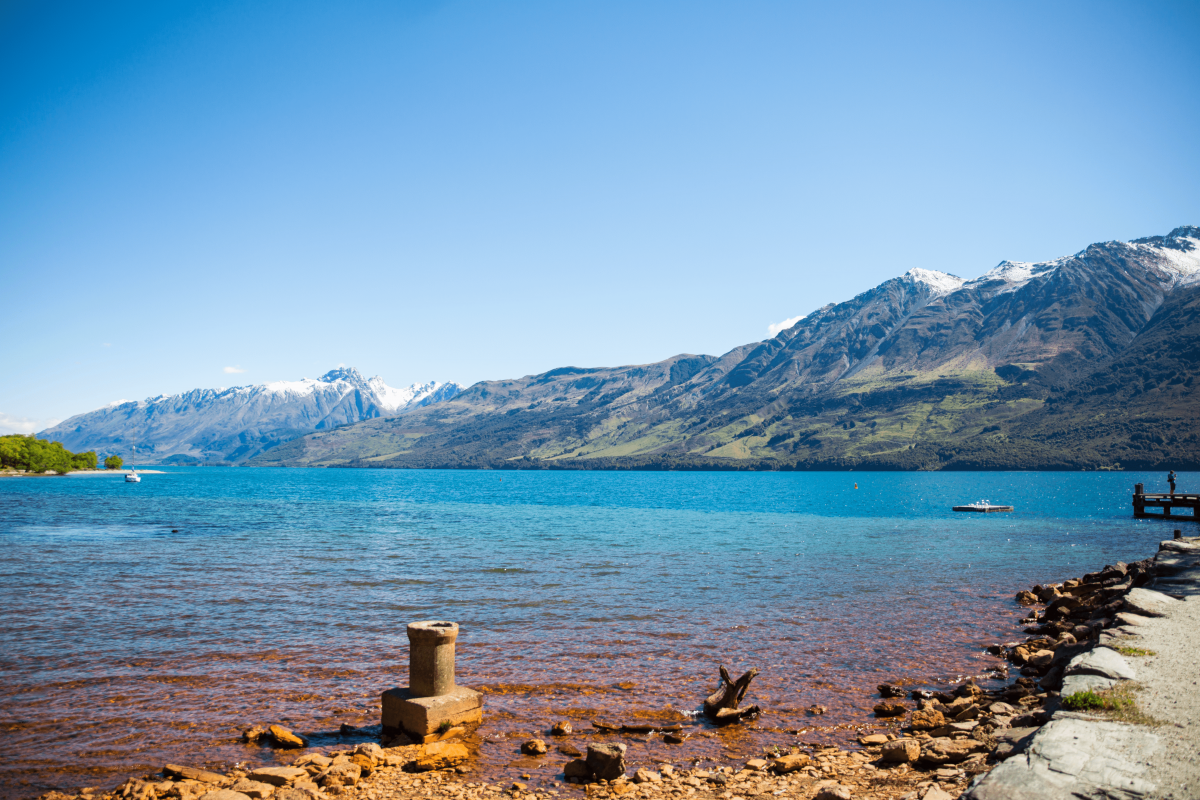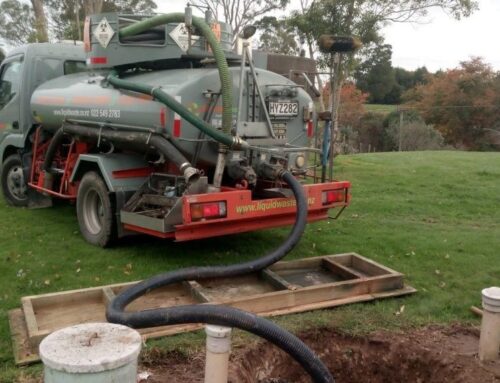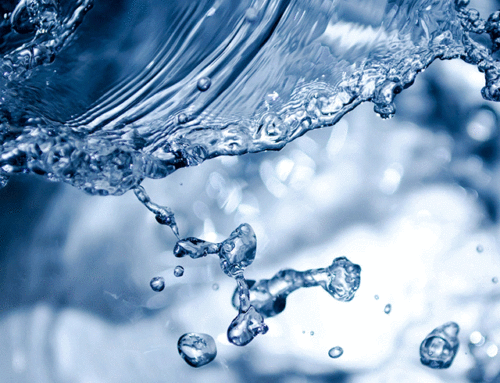Waste Water Spillages and Pollution in New Zealand
Water, especially fresh water, plays a vital role in our environment. In New Zealand in particular, we rely on water not just for basic human survival, but also for sustaining our lifestyles, tourism and overall economy. More than 2 million people visit New Zealand every year for our natural, clean and green environment, and it is worth billions of dollars. Protecting these waters is every Kiwi’s responsibility, from big corporations to homeowners. Despite this weight of responsibility on our shoulders, waste water spills and pollution are still problems we face.
Wastewater Spillages
Manukau Harbour in Auckland continues to be pumped with semi-treated waste-water. In 2016, it is reported that, “wastewater that did not have advanced treatment was discharged into the harbour 19 times.” The Mangere Wastewater Treatment Plant is meant to offer very advanced treatment, providing two further stages of processing instead of the worldwide standard of only three. However, during storm or heavy rain, these discharges are reported to increase.
Popular swimming spots aren’t safe either. In the beginning of the year, wastewater was spilled into Lake Taupo caused by a “fat-berg” made of waste and wet wipes. This blockage led wastewater to burst from under a manhole cover and unfortunately run into the lake at the end of Hawai Street. Kevin Strongman, the operational services group manager for Taupo District Council, said that they invest around $100,000 a year on CCTV assessments as well as $50,000 a year in high-pressure water cleaning. Their immediate spill response included a sucker truck that attempted to recover as much of the spill as possible.
Wastewater can be made up of food or biological waste, rubbish, and/or other forms of dangerous water pollutants.
Lasting Environmental Effects
Wastewater spillages have lasting effects on the environment that could take years, and a lot of money, to undo. Fats, oils and grease released into drains solidify and cause blockages. These blockages, as in the blockage that occurred in Taupo, result in sewer overflows that could seep into and subsequently pollute our bodies of water.
When water is polluted, it is no longer safe to drink or swim in, for both humans and marine life. Fish and shellfish become poisonous to eat if they are fished from polluted waters. These waters also poison bacteria and nearby plants. There is also a risk of suffocating marine life by depleting their oxygen supply, as well as restricting sunlight from entering the water, all of which destroys their natural habitats.
Being Environmentally Conscious at Home
The New Zealand government can only do so much to help reduce wastewater spills and water pollution as a whole. As individuals, we can continue to protect our waters by being responsible with our own waste at home through following these simple steps:
- Do not dispose waste into storm water drains.
- Ensure all storage tanks are secure.
- Avoid throwing diapers and wet wipes in the toilet.
- Ensure your grease trap and septic tanks are serviced regularly.
If you need professional help with grease trap and septic tank cleaning, simply contact our team of experts right here at Streamline! We guarantee no-mess, no-spills, and no-nonsense grease trap and septic tank cleaning for the most efficient draining services in New Zealand.
Play your part in protecting our beautiful Kiwi waters and manage your water wastes with Streamline today! Dial 0800001150 for more information.


